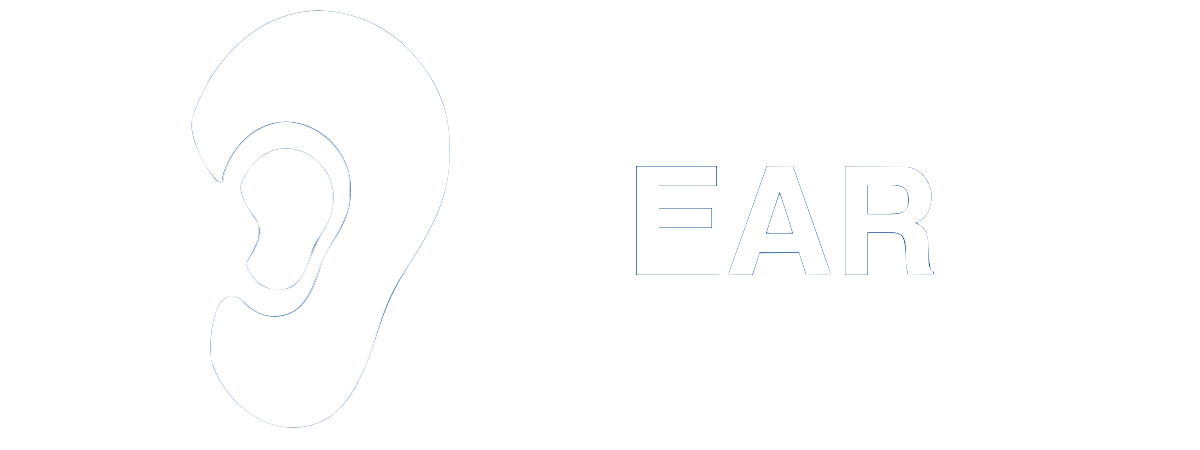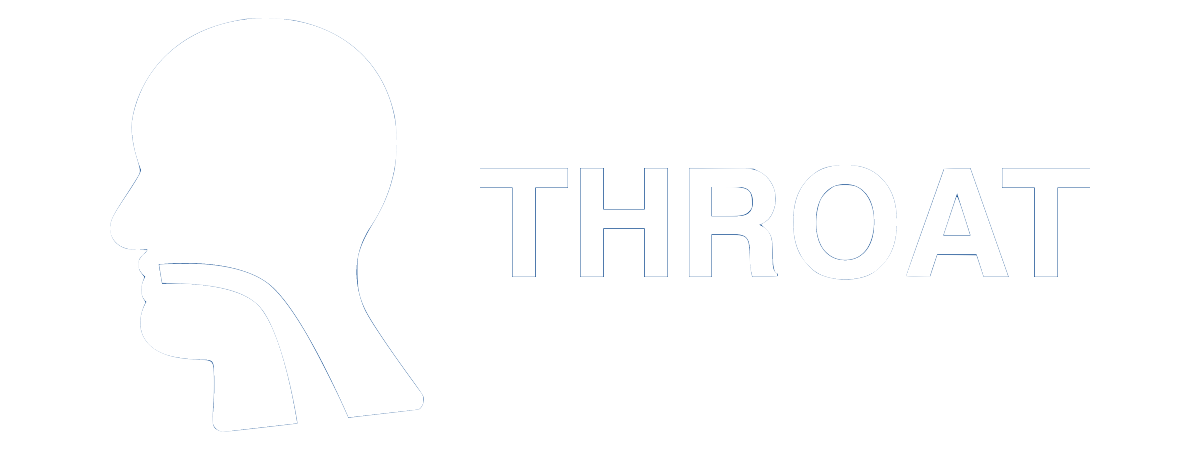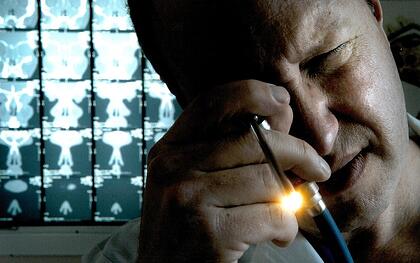Sinuses are hollow spaces filled with air in the bones between the eyes, in the forehead and behind the cheekbones. They help to protect us from dust, allergens and pollutants by producing mucus and keeping the inside of the nose moist. When everything is working fine, we aren't even aware of them. But when things go wrong, pain, discomfort and congestion can quickly become overwhelming. Occasionally, these hollow spaces get blocked and filled with liquid, creating the perfect environment for germs to flourish which quickly leads to sinus infections and a general sense of unwellness. The good news is these infections are usually easy to treat. Here are some common causes of sinus infections, and ways to deal with them.
Related Blog: Ending Allergy and Sinus Suffering
Allergies
Common allergens including pollen, dust, strong perfume, and animal dander all cause congestion which blocks the nasal passages to prevent the sinuses from draining. Although this is easier said than done, avoiding these things is the best defense. If you can't avoid them, prescription nasal sprays and antihistamines will help reduce inflammation and risk of sinus infections.
Pollutants
Like allergens, pollutants such as cigarette smoke, smog, and car exhaust fumes can exacerbate preexisting conditions or induce coughing and increase the chances of infection. Avoiding these irritants can be a challenge, so an air purifier is a good option for reducing pollutants.
Viruses
The majority of sinus infections start with the common cold. The virus that causes colds can also cause nasal tissue to swell, which blocks the holes that usually drain the sinuses. The best way to prevent an infection this way is to wash your hands and avoid people who are already ill. Virus related infections tend to clear up after a week, but a decongestant can help relieve the symptoms.
Bacteria
If a cold does not clear up within 10 to 15 days, bacteria may be involved. Bacteria aren't usually the cause of sinus infections, but they can complicate the problem. Taking decongestants during a cold helps reduce the chances of a bacterial infection, and treatment usually requires a doctors visit and antibiotics.
Polyps
Polyps are small growths that can develop in sinus tissues and cause a blockage, preventing drainage and causing inflammation. They are benign, tear-drop shaped and appear in the nose and around and around the sinuses. They can be treated with steroid sprays or oral steroids. Occasionally, surgery may be required, but this is a simple procedure with minimal recovery time.
Swimming
The chlorine in most pools can irritate the nasal tissue and sinuses. People who suffer regular congestion and sinus infections should try to avoid prolonged time around chlorinated pools as the chemical is likely to make the problem worse. Diving into a pool can also have an impact, as water is forced up the nose and may enter the sinuses which can inflame the tissue. If avoiding water is not an option, nose plugs can help reduce the possibility of sinus infections and congestion.
Flying
This is a common cause of congestion which leads to sinus infections because the air pressure in the plane changes,especially during take-off and landing. This causes pressure to build in your head, which can create a blockage in the sinuses and air passage. The longer the blockage is present, the greater the risk of sinus infections. Using a decongestant nasal drop or inhaler before you board the plane is an effective way of reducing the chance of congestion, especially for regular sufferers.
Nasal Products
As with all medicines, overuse reduces the effectiveness and can sometime even be dangerous. Nasal sprays that relieve congestion are designed for short term use, so using these products for longer than recommended can lead to a lowering of effectiveness, dependency or more severe sinus infections. The average length of time a spray should be used is four to five days. If symptoms are not clearing up, it is worth seeing a doctor.
The above list features common causes of sinus infections, but there are other possible explanations. Suffering in silence or relying on short term remedies is not worth it. Especially when there are doctors who specialize in diagnosing and treating sinus infections and identifying contributing factors. If in doubt, talk to someone who can give helpful advice and information on what steps to take to deal with the problem once and for all.











